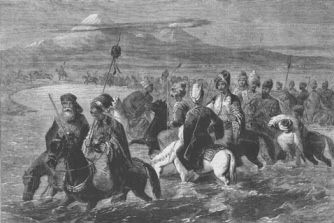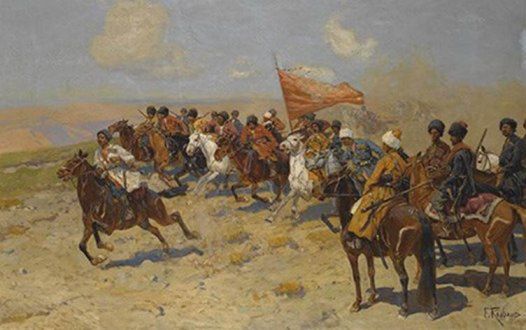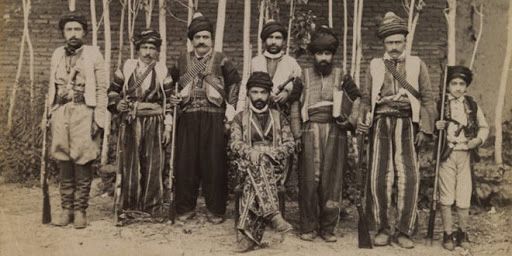Kurdistan has historically had several large emirates that have been able to be semi-independent and self-governing in their political structure. One of these emirates was the Baban Emirate, whose rule was located within the present geographical boundaries of the southern part of Kurdistan.
The Baban Emirate was a Kurdish sovereign. Although there is no clear evidence for the beginning of their rule, historians agree that it was founded in 1649 and ruled until 1850. During the rule of the emirate, the Ottoman and Safavid powers paid special attention to it.
This emirate was built in the areas around Sulaimani, which was an important and strategic place. The Baban Emirate was mostly an independent power. The capital of the emirate was initially Qalachwalan and later moved from Qalachwalan to Sulaimani during the establishment of Sulaimani in 1784 by Ibrahim Pasha Baban. They ruled Sulaimani and the surrounding districts and villages and the language of governance within the emirate was the Sorani dialect of Kurdish.

Famous rulers of the Baban Emirate
1- Faqe Ahmad Darshmana
2- Suleiman Pasha son of Khalid Pasha
3- Mahmud Pasha son of Khalid Pasha
4- Ibrahim Pasha Baban
5- Abdulrahman Pasha
6- Mahmud Pasha son of Abdulrahman Pasha
7- Sulaiman Pasha son of Awrahman Pasha
8- Ahmad Pasha son of Sulaiman Pasha
These figures were the most important rulers of the Baban Emirate who were able to expand the structure of the emirate. However, the continuous interference of both the Ottoman and Safavid powers in the affairs of the emirate and its internal authorities, and on the other hand, internal conflicts among the members of the Baban family, caused the weakening and collapse of the emirate. "The result of the divisions of our emirs is our own destruction. Otherwise, the Ottomans and the Safavids would not have succeeded if they had not taken advantage of these divisions for their own benefit," Ahmad Pasha Baban pointed this truth to James Rich.

The most important factors that led to the disappearance of the Baban Emirate in Kurdistan:
1. As mentioned earlier, the first reason was the interference of both the Ottoman and Safavid powers and the internal unity of the emirate, which was the main reason for the collapse and disappearance of the emirate.
2. The betrayal of some of the Baban emirs who betrayed the emirate and asked the Ottomans and Safavids for their own interests in order to remove one of the other emirs who were in power. This has become a weakness for the emirate.
3. The geographical location of the Baban Emirate, which was located between two greedy states (the Ottomans and the Safavids) that by deception and kindling the flames of conflict within the emirate, tried to conquer it.
4. Continuous Ottoman invasions and sometimes alliances with Safavids weakened the power of the emirate. Whenever they knew that the emirate was strong and that the emir was not obedient to them, they tried to stop him.
5. Due to constant internal conflict, the ruler could not focus on agriculture and strengthen the foundation of its state. Mahmud Pasha told Mr. Rich, “How can we engage in agriculture when we are not sure of our property?” Thus, the country went to famine and destruction.
6. Due to the wars and chaos between the neighboring emirates, especially the emirates of Soran and Ardalan, which was an obstacle to the independence and unification of the rulers against the foreign forces of the Ottoman and Safavid.
7. The centralization of the Ottoman Empire, which began during the reign of Sultan Mahmud II, brought most of Iraq and Kurdistan under the Ottoman Empire's rule.
8. Irregularities in the administration of the Baban emirs, who were unable to fully organize the affairs of the emirate due to internal wars and Safavid invasions.
9. The constant change of one emir to another, has caused the relationships to change constantly and it is impossible to organize a state. If an emir knew he would remain in power, he would establish peace, security, and justice.
10. The Kurds of the Baban Emirate were religious and have always been used for foreign purposes because of their religion.








